The views expressed in our content reflect individual perspectives and do not represent the authoritative views of the Baha'i Faith.
Do you love music, appreciate the world’s varied cultures, and have diverse tastes? Then join my wife and I in watching wonderful Playing for Change music videos. What a joy!
We love these folks for what they are doing globally to make people happier. Playing for Change helps with music projects in many places around the world – and like all joyous music, their songs can be a benign refuge from the pain that life inevitably brings to everyone.
How do you take refuge from the pain of life? In a talk he gave in Paris, Abdu’l-Baha briefly summarized the Baha’i approach to this essential question:
In this world we are influenced by two sentiments, Joy and Pain.
Joy gives us wings! In times of joy our strength is more vital, our intellect keener, and our understanding less clouded. We seem better able to cope with the world and to find our sphere of usefulness. But when sadness visits us we become weak, our strength leaves us, our comprehension is dim and our intelligence veiled. The actualities of life seem to elude our grasp, the eyes of our spirits fail to discover the sacred mysteries, and we become even as dead beings.
There is no human being untouched by these two influences; but all the sorrow and the grief that exist come from the world of matter – the spiritual world bestows only the joy!
RELATED: Facing Pain, Tests and Trials with Infinite Joy
Many people try to take refuge from their pain in materialism, in alcohol, drugs, inappropriate sex, or even violence. But all of these temporary things have major disadvantages as places of refuge. To get a better life, to truly find a refuge from pain, we can only look deep inside ourselves, and realize that we don’t have a life – We are life. The life-force flows through us, unless the egotistic self creates a blockage.
The Buddhist View of Suffering
Suffering or duhkha, Gautama Buddha said, comes from attachment to this world. This awareness of suffering and its remedy – which is the focus of the teachings of the Buddha – calls for our deep reflection and contemplation. No one wants to suffer, but we all do – so what can reduce or do away with the pain of life? Sometimes we have an intimation about that important question when we experience an awakened spiritual state, which is all the Buddha claimed for himself.
Awakening, a temporary experience of spiritual awareness, can give us a glimpse of reality and our true self, allowing us to see past the suffering the material world offers us. Achieving Buddha-hood requires us to maintain that state of being (almost) permanently!
The Story of the Samurai Warrior and the Zen Master
The warrior was large and strong and had won many battles. The Zen Master was a rather small old man, and was well-known far and wide as being one of the wisest and kindest men in the land.
One day, the Samurai warrior went to the Zen master for instruction. “Please,” the huge man asked, “teach me about heaven and hell.”
The master scowled, then broke into mocking laughter. “Me, teach you about heaven and hell? I wouldn’t waste a moment trying to instruct the brain of an overweight ignoramus like you! How dare you ask me for such a lofty insight?”
Well, upon hearing these words, the Samurai grew furious. His face flushed, he drew his sword to chop off the teacher’s head.
Just as he was about to strike, the master raised his hand and calmly said, “That, sir, is hell.”
Upon hearing this, the samurai suddenly realized the profound lesson the master had just taught him – that we make our own hell by indulging in anger and resentment.
The warrior was so grateful for this teaching that he dropped his sword and fell to his knees in front of the Master, bowing in humility and gratitude.
When he looked up, the old man was smiling. “And that, sir,” the teacher said, “is Heaven”.
Satori and Nirvana
In Zen terms such successful teaching brings satori, awakening, or even Nirvana. Nirvana literally means “blown out,” as in an oil lamp – but also means salvation, the release from the egotistic self. Every time we are tested and found wanting we are shown a challenge, a state of being that we need to transcend. We need to abandon the ‘wanting mind’ , says Bryan Thompson – “Nothing lasts – nothing but awareness.”
Buddhists take refuge in three different expressions of awakened mind: buddha, dharma, and sangha – the teacher, the teachings, and the community. Each of these is a precious and necessary element of the Buddhist path, and so they are called the three jewels of Buddhism.
Buddhism focuses on helping us get the right relationship with change. Why? It’s because in this earthly, dual, contingent world shift happens. The only certainty is change. Amidst that change, Buddhism offers tools for deeper self-understanding.
RELATED: Painting the Canvas of the Soul with Our Lives
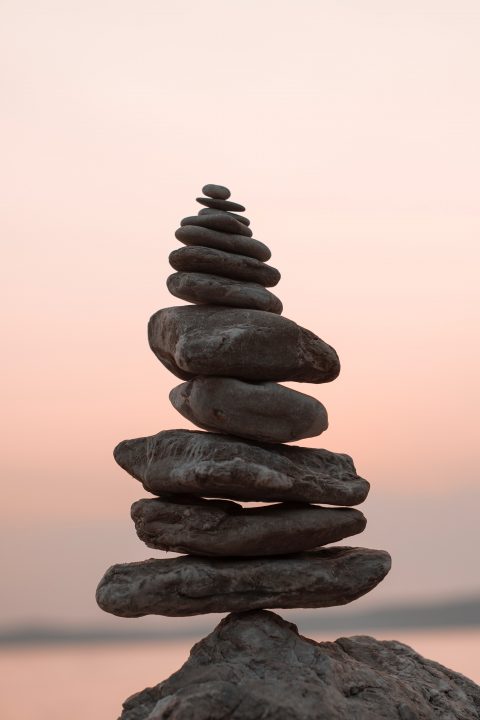
Anyone on a spiritual path can gain insights from a famous ancient Zen Buddhist teaching exemplified by this passage from the Genjokoan:
To study Buddhism is to study the self.
To study the self is to forget the self.
To forget the self is to be enlightened by the ten thousand dharmas.
The Baha’i teachings re-state and re-emphasize this fundamental spiritual practice of transcending the self, as explained in this passage from Abdu’l-Baha:
Today the confirmations … are with those who renounce themselves, forget their own opinions, cast aside personalities and are thinking of the welfare of others …. Whosoever is occupied with himself is wandering in the desert of heedlessness and regret. The ’Master Key’ to self-mastery is self-forgetting. The road to the palace of life is through the path of renunciation.
When all things point to their source, there is no duality. It is similar in teaching to the concept of yin and yang. The yin and yang model indicates polar, but complementary, opposites. However as Alan Watts points out, were there no opposites there would be no knowing on our part.
Stated more strongly, we would have no way to raise our level of consciousness if the dual, contingent world was not binary – if it were not made up of opposites; hot and cold, tall and short, smooth and rough, we would not be conscious, and God would not be the Creator whose creation is continuously unfolding and evolving.
The Baha’i teachings further unveil that wisdom, as in this talk Abdu’l-Baha gave in the United States in 1912:
Among the proofs of the existence of a divine power is this: that things are often known by their opposites. Were it not for darkness, light could not be sensed. Were it not for death, life could not be known. If ignorance did not exist, knowledge would not be a reality. It is necessary that each should exist in order that the other should have reality. Night and day must be in order that each may be distinguished. Night itself is an indication and evidence of day which follows, and day itself indicates the coming night. Unless night were a reality, there could not be day. Were it not for death, there could be no life.
… undoubtedly all virtues have a center and source. That source is God, from Whom all these bounties emanate.
If you’d like to look further into the Buddhist practices regarding the elimination of human pain and suffering, here on the ASOKA site there are 16 lessons about the Genjo Koan. Each version adds something to practice and realization.
While studying these deep and eternal insights, you may also want to use this profound prayer of Abdu’l-Baha’s from the Baha’i writings:
O compassionate God! Thanks be to Thee for Thou hast awakened and made me conscious. Thou hast given me a seeing eye and favored me with a hearing ear, hast led me to Thy kingdom and guided me to Thy path. Thou hast shown me the right way and caused me to enter the ark of deliverance. O God! Keep me steadfast and make me firm and staunch. Protect me from violent tests, and preserve and shelter me in the strongly fortified fortress of Thy Covenant and Testament. Thou art the Powerful. Thou art the Seeing. Thou art the Hearing.
O Thou the Compassionate God. Bestow upon me a heart which, like unto glass, may be illumined with the light of Thy love, and confer upon me thoughts which may change this world into a rose garden through the outpourings of heavenly grace.
Thou art the Compassionate, the Merciful. Thou art the Great Beneficent God.
So let’s fly on wings of joy, and be in such a way that we help others awaken to their own awareness.


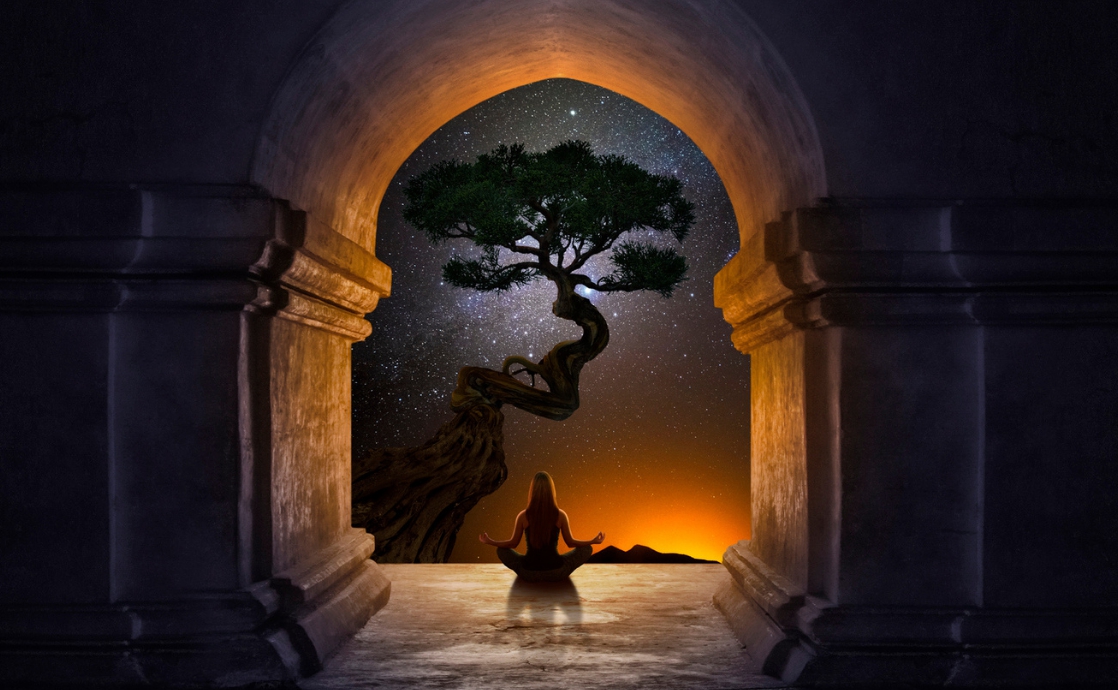
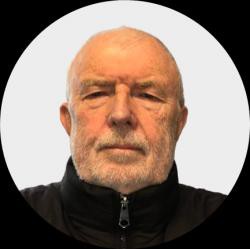

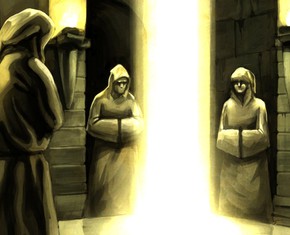
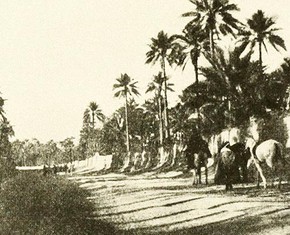









Comments
Sign in or create an account
Continue with Googleor